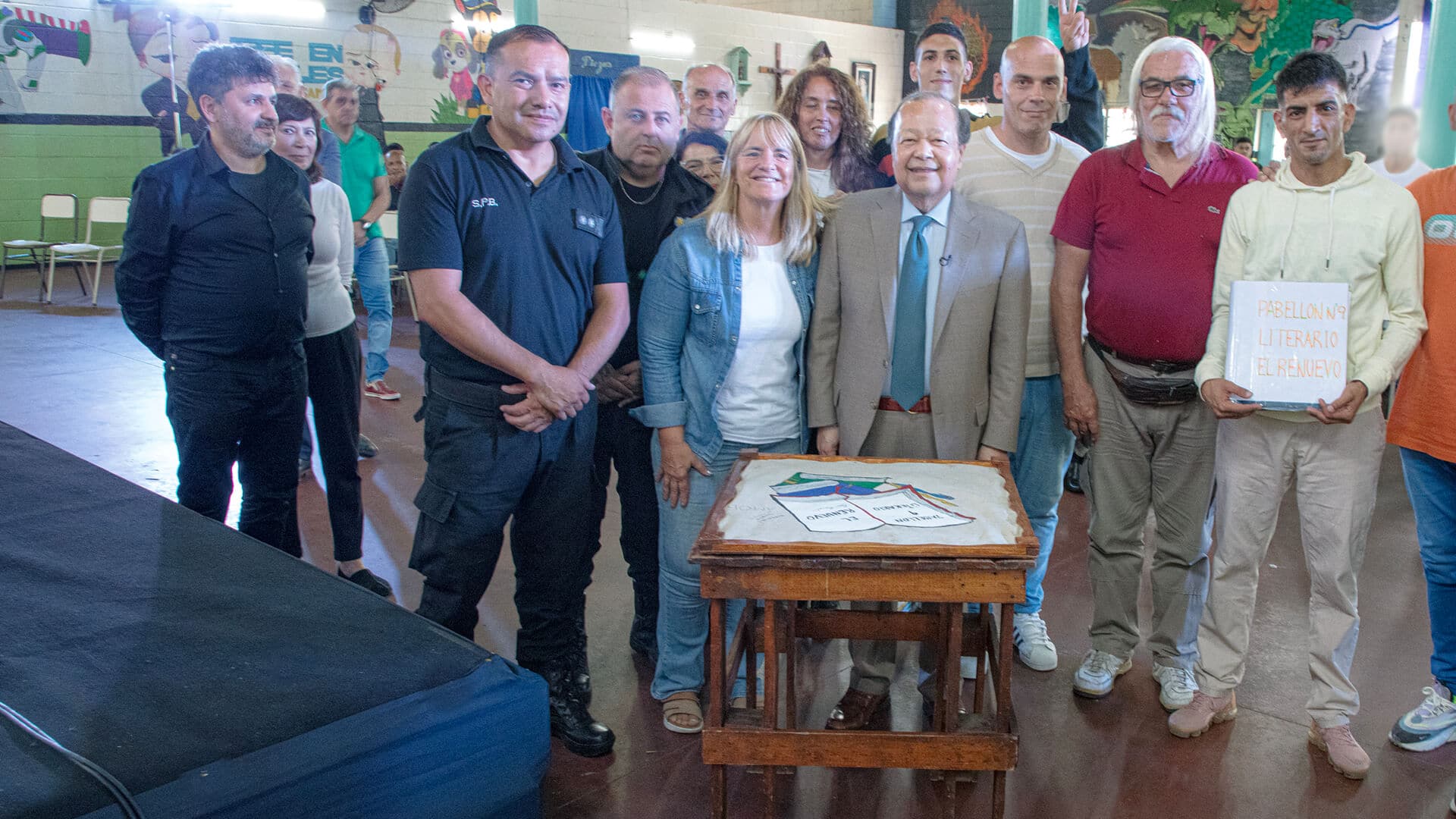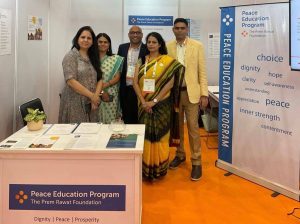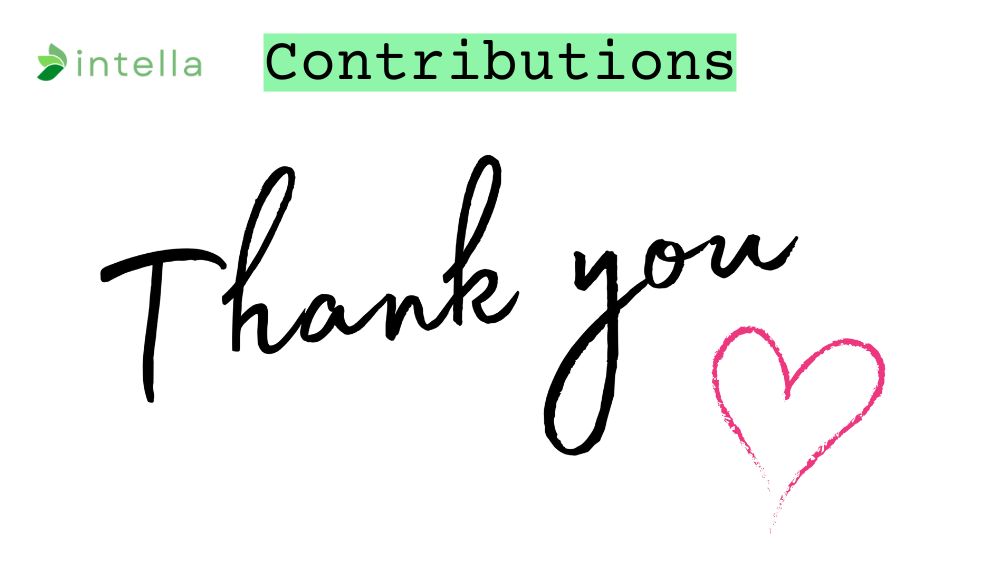A remarkable event recently took place at the Unidad Penitenciaria N° 41 prison in Campana, Argentina, showcasing how peace education can transform lives even in the most challenging environments. The prison hosted a special screening and discussion about Prem Rawat’s Peace Education Program (PEP), bringing together inmates, prison staff, and special guests for an inspiring afternoon.
A Unique Prison Event
The gathering centered around watching “Giving for Prosperity,” a documentary that explores Prem Rawat’s humanitarian work and his Peace Education Program. What made this event special was not just the film itself, but the powerful discussion that followed. Inmates who had completed the PEP course shared their personal stories of transformation, describing how the program helped them find inner peace and hope despite their circumstances.
The Peace Education Program’s Impact
The Peace Education Program consists of ten workshops that help participants discover their own inner resources such as clarity, hope, and contentment. At Unidad Penitenciaria N° 41, this program has become a valuable tool for rehabilitation. During the event, several inmates spoke openly about how PEP helped them develop self-awareness and take responsibility for their choices. They expressed gratitude for having the opportunity to participate in something that focuses on their humanity rather than just their mistakes.
Building Bridges Through Understanding
The screening attracted an impressive audience that included prison authorities, social workers, and representatives from other correctional facilities. This diverse group came together to witness firsthand how peace education can create positive change within prison walls. The atmosphere of respect and dignity during the event demonstrated that when people are given tools for self-reflection and personal growth, remarkable transformations can occur.
Looking Toward the Future
The success of this event has sparked interest in expanding the Peace Education Program to other correctional facilities in Argentina. Prison officials who attended expressed enthusiasm about implementing similar programs in their institutions. The testimonials from inmates served as powerful evidence that investing in peace education can contribute to successful rehabilitation and reduce recidivism rates. As one participant noted, learning about inner peace doesn’t just change individual lives – it creates a ripple effect that touches families and communities beyond prison walls.
This gathering at Unidad Penitenciaria N° 41 proves that even in places associated with punishment and restriction, seeds of hope and transformation can flourish when people are given the right tools and support to discover their inherent dignity and potential for positive change.






